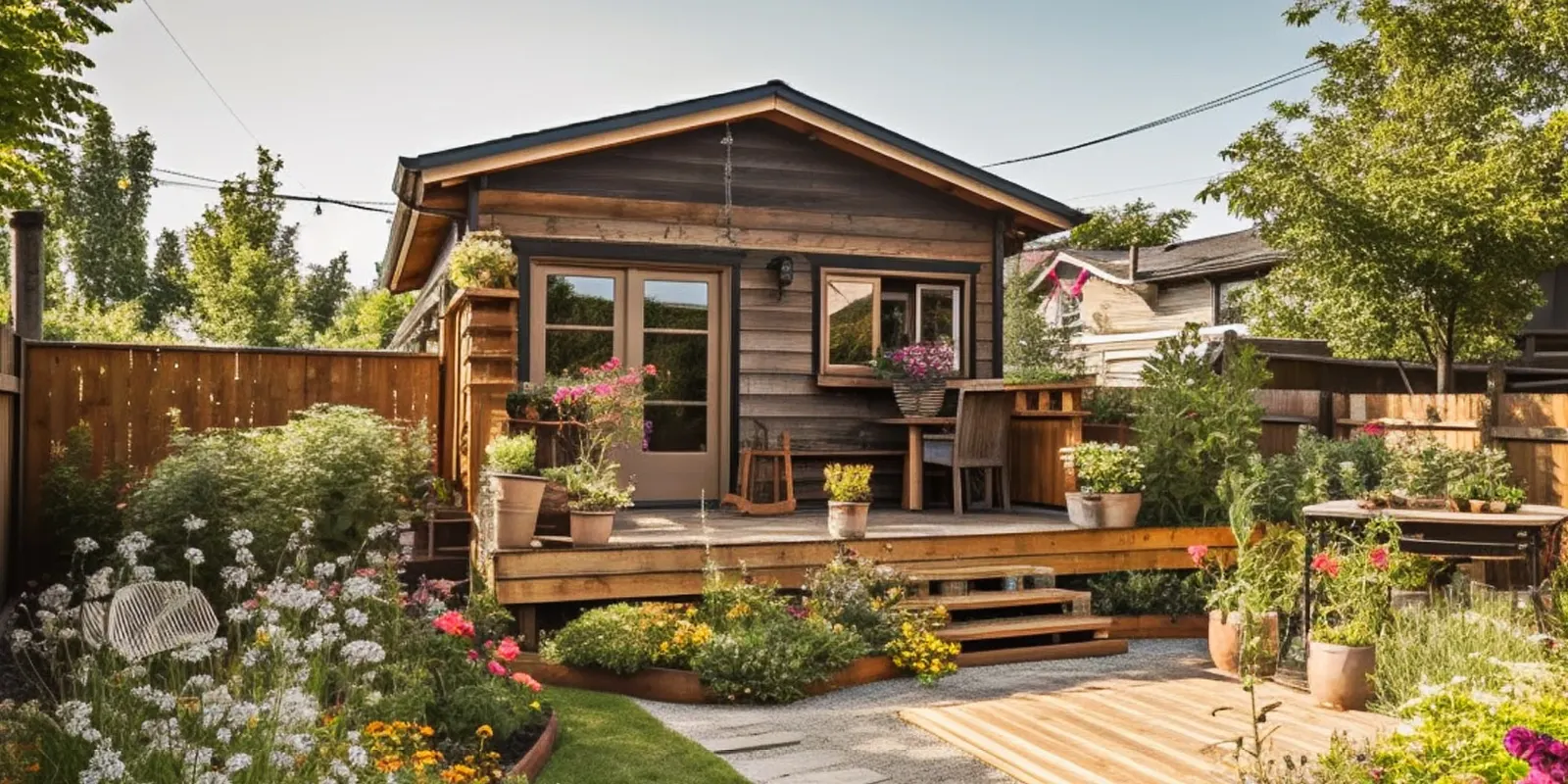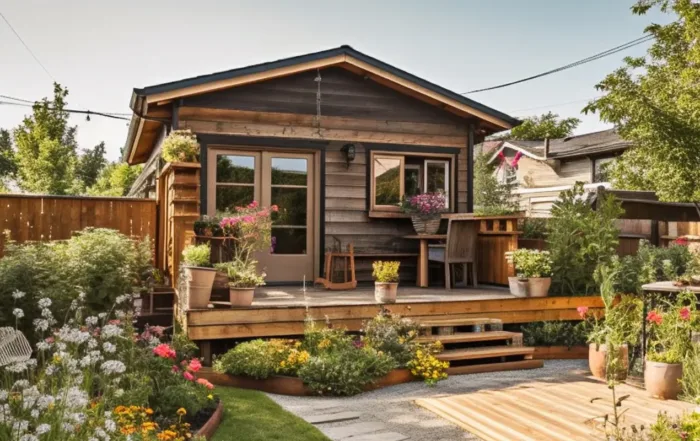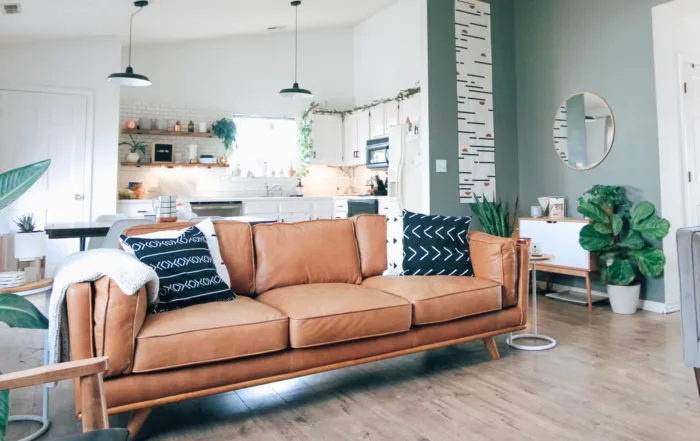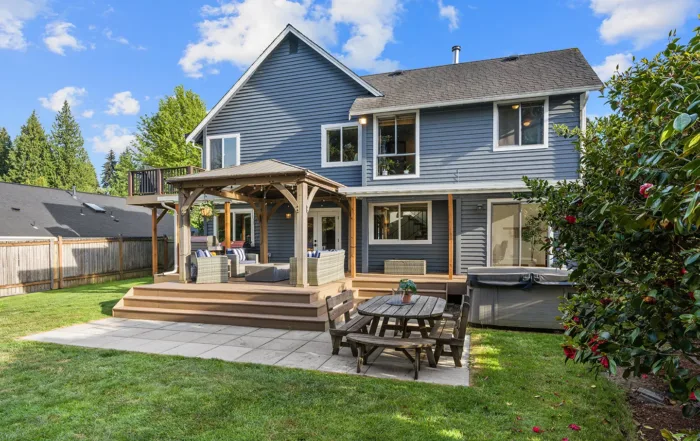
Generate Income or Expand Your House with an ADU
An accessory dwelling unit (ADU) is a separate living space within a house or on the same property as an existing house. These units are not legal unless they have been established through a permit process. A legally permitted unit in the home is called an attached accessory dwelling unit (AADU). A legally permitted unit on the property (but not within the home) is called a detached accessory dwelling unit (DADU) or backyard cottage. Tiny houses, with foundations, are considered DADUs. Learn more about ADU’s in Washington State here: https://www.seattle.gov/sdci/permits/common-projects/accessory-dwelling-units
Housing shortages in the United States are driving an increased interest in accessory dwelling units (ADUs) among cities, counties, and homeowners. ADUs, which have strong appeal as a housing option for young people, couples, small families, or seniors, are self-contained apartments, cottages, or other small residential units located on the same property as a separate single-family home. In order to increase the supply of ADUs, many cities or counties need to revise zoning policies, a move that is sparking debate on the community level in some markets. By paying attention to the ongoing ADU debate, developers can learn important lessons about housing production trends, zoning policy shifts, and the importance of stakeholder buy-in.





